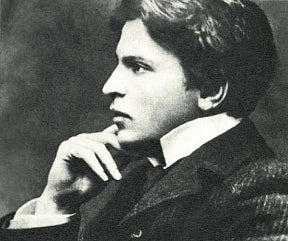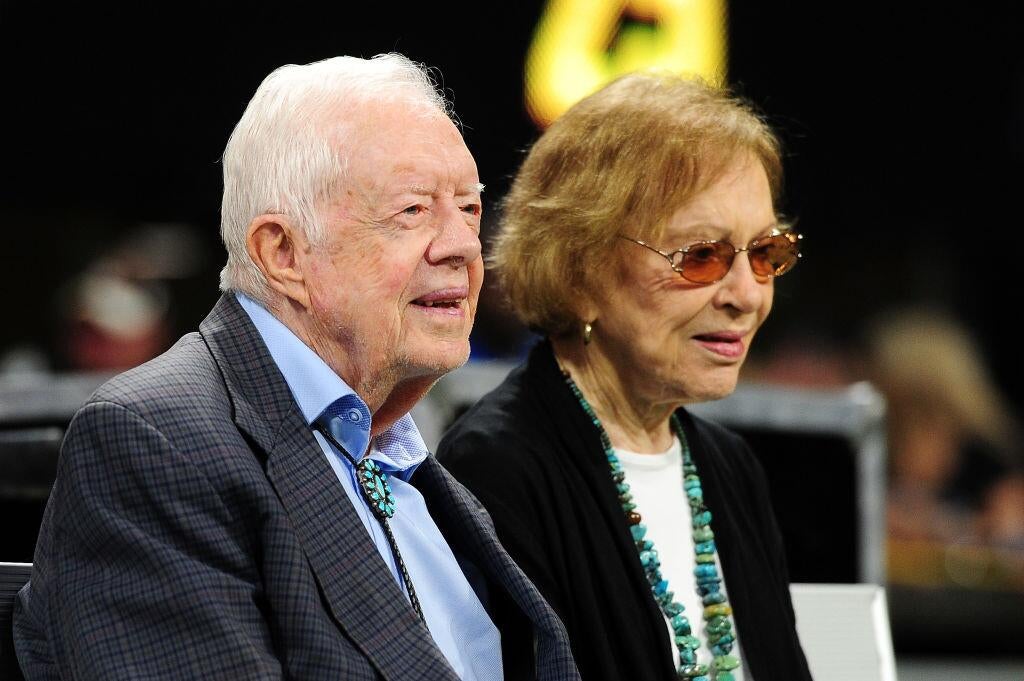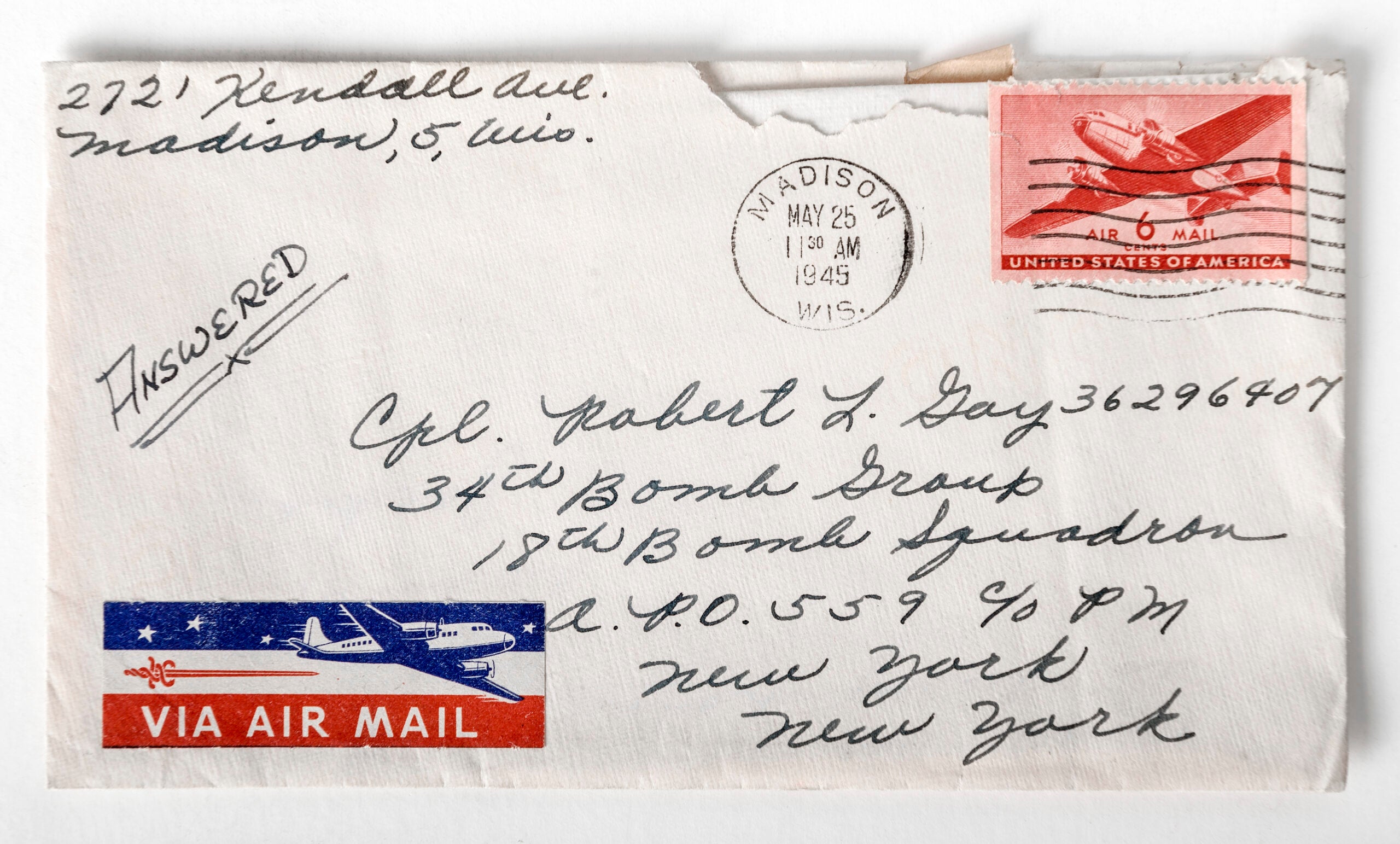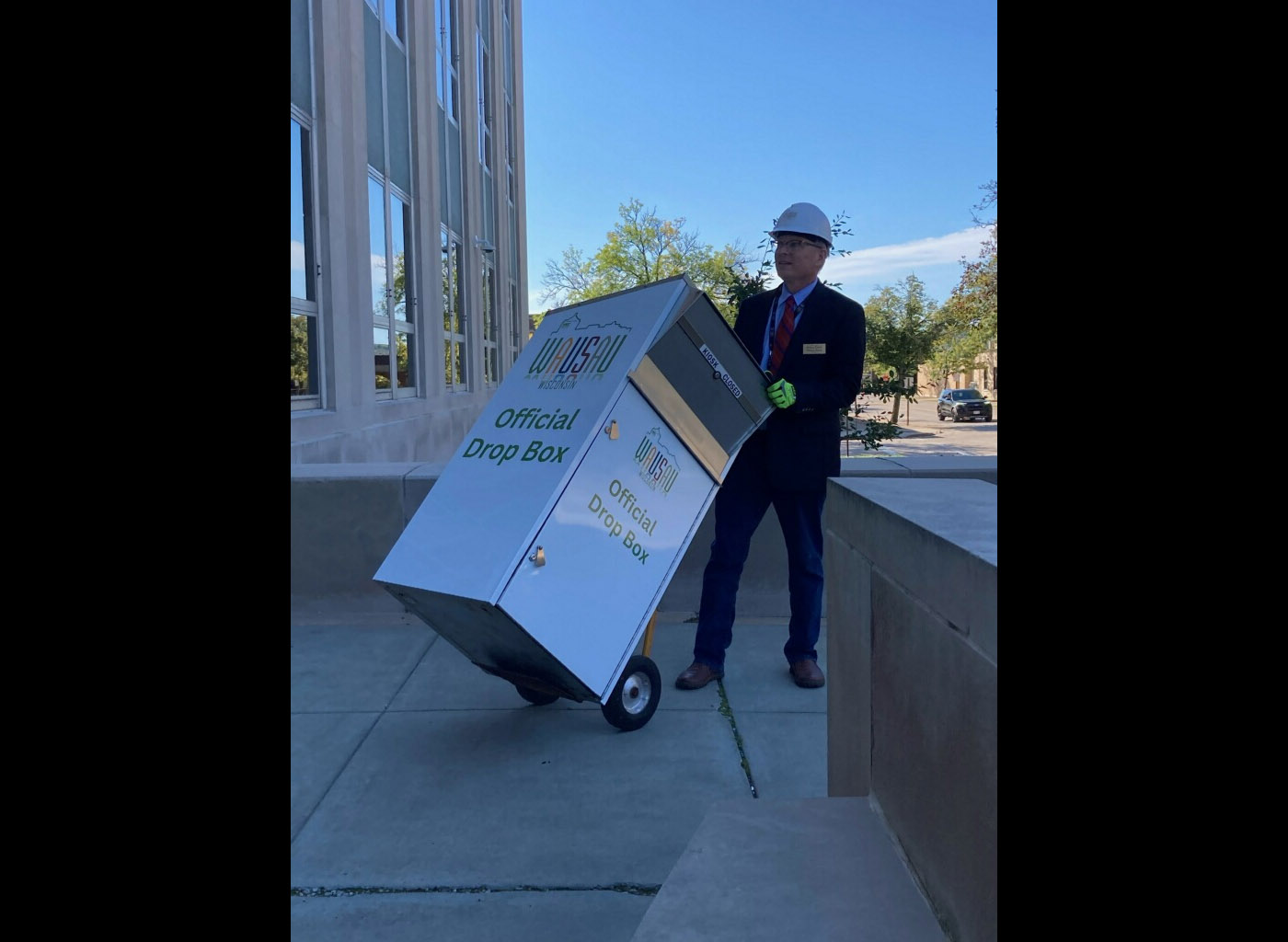As World War I ended, Romanian composer Georges Enesco had two reasons to be worried.
He had turned his concert earnings over to his father to invest, thinking that the earnings would enable him to retire to the country and spend his time writing music.
The elder Enesco had invested the money in land, and the deterioration of the Romanian economy during the war had wiped out his savings. And then land reforms promised by King Ferdinand resulted in the confiscation of much of his father’s estate. Financially, Enesco was back to square one. He would have to go back to the concert stage and build up his savings all over again.
Stay informed on the latest news
Sign up for WPR’s email newsletter.
A bigger concern came from a curious mishap with his music.
In the summer of 1917 the beleaguered Romanian government had sent its gold reserves to London for safekeeping via a train to Moscow. Traveling with the bullion was an assortment of crates containing documents, including a large wooden box labeled “Musique Manuscrite Georges Enesco.” The box contained a generous collection of the composer’s compositions, some of them going all the way back to pieces he had written as a child. The box contained the only copies of his Second Orchestral Suite, his Second Symphony, and his opera Oedipe, which he was planning to finish now that the war was over
A revolution was brewing in Russia. As soon as the box arrived in Moscow, it disappeared. Seven long years passed.
In 1924 conductor Bruno Walter made an appeal to the Soviet authorities on behalf of the distraught composer. Playing, perhaps, on their war experiences, he likened Enesco to “a father who assumes his sons are missing in action,” and offered to bring the box back to Enesco personally.
After more delays, someone found the missing box in the Kremlin and returned it to Paris with the help of French diplomats, and a greatly relieved Georges Enesco was reunited with his music.
Wisconsin Public Radio, © Copyright 2025, Board of Regents of the University of Wisconsin System and Wisconsin Educational Communications Board.





